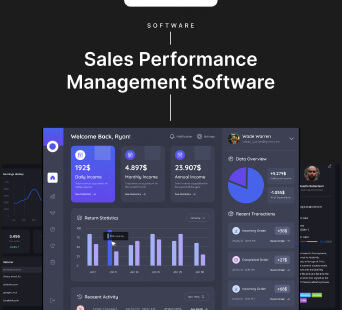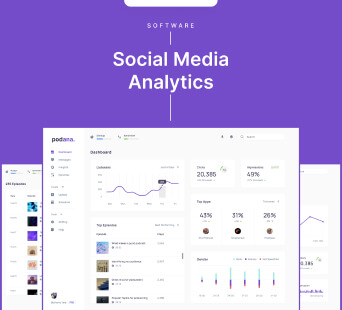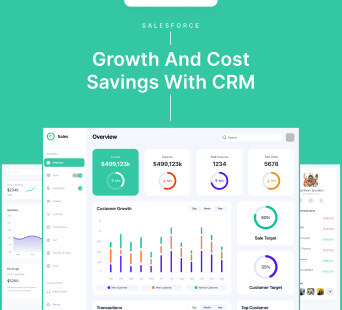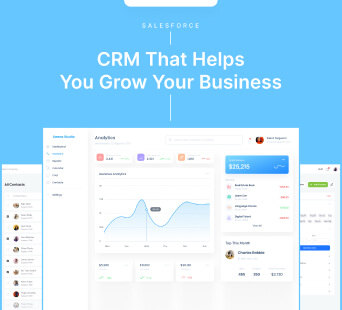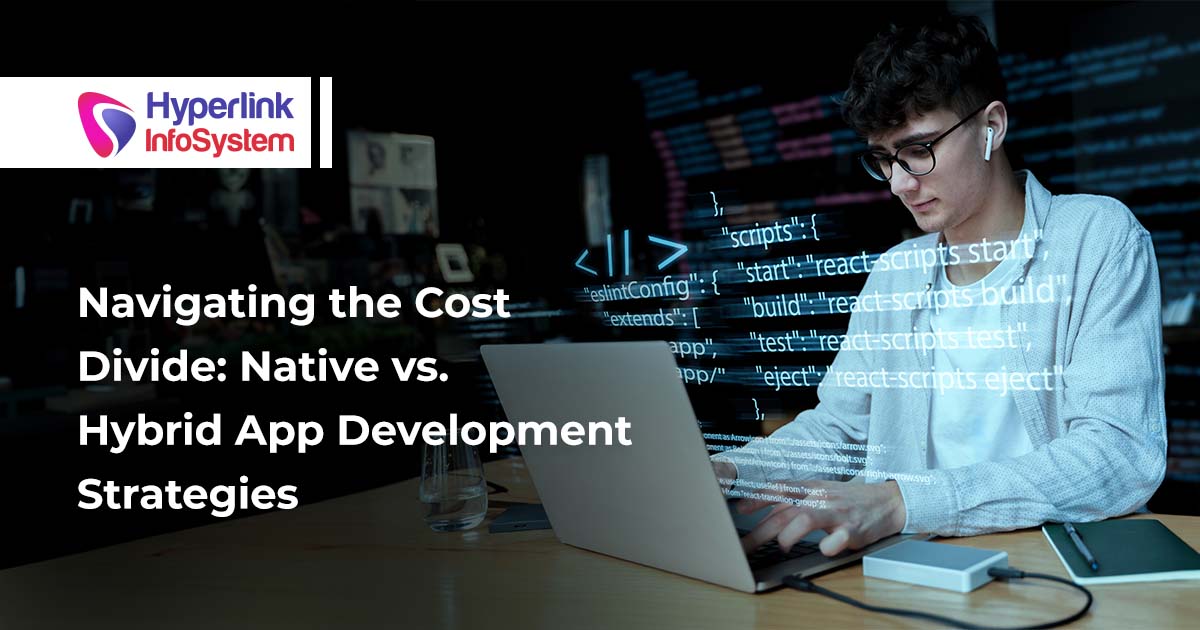Hyperlink InfoSystem is leading Laravel development company offering the best Laravel development service. As a top Laravel development company, We provides end-to-end services for your web application development needs starting from conceptualization to deployment and maintenance.
Our Laravel Development services are aimed at businesses and organizations that require reliable and scalable web solutions. Our Laravel development services include custom web application development, website maintenance, performance optimization, and more. Our Laravel developers use modern development methodologies to ensure that our client's projects are delivered on time, within budget, and to the highest quality standards.
Hyperlink InfoSystem provides professional Laravel development services to businesses and organizations requiring reliable, scalable, high-quality web solutions. Our aim is to provide our clients with exceptional web development services that exceed their expectations and help them achieve their business objectives. Hire Laravel developers from Hyperlink InfoSystem from the team who is proficient in using Laravel's features, such as Eloquent ORM, Blade templating engine, and Laravel Mix, to deliver fast and efficient web applications.









